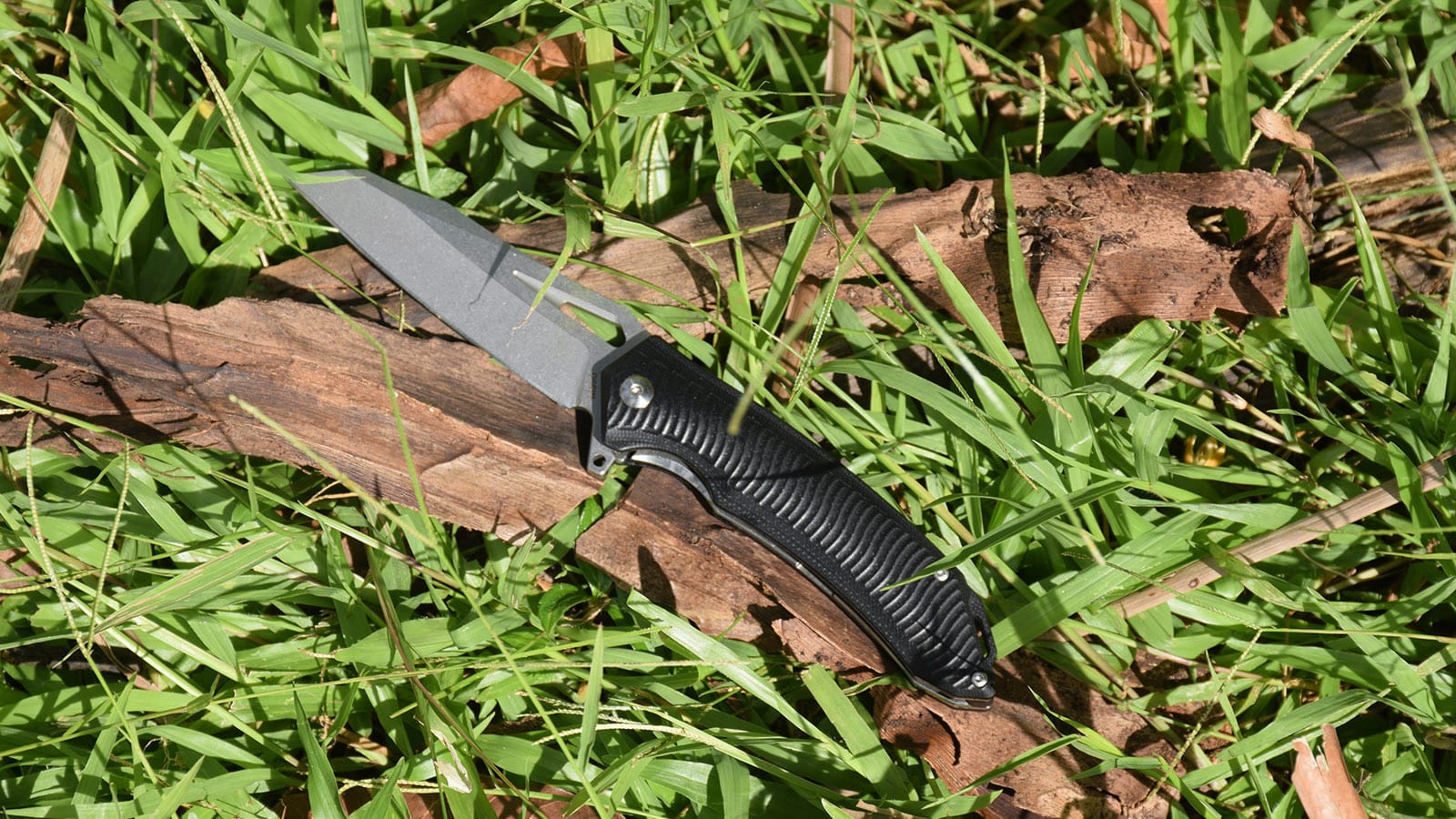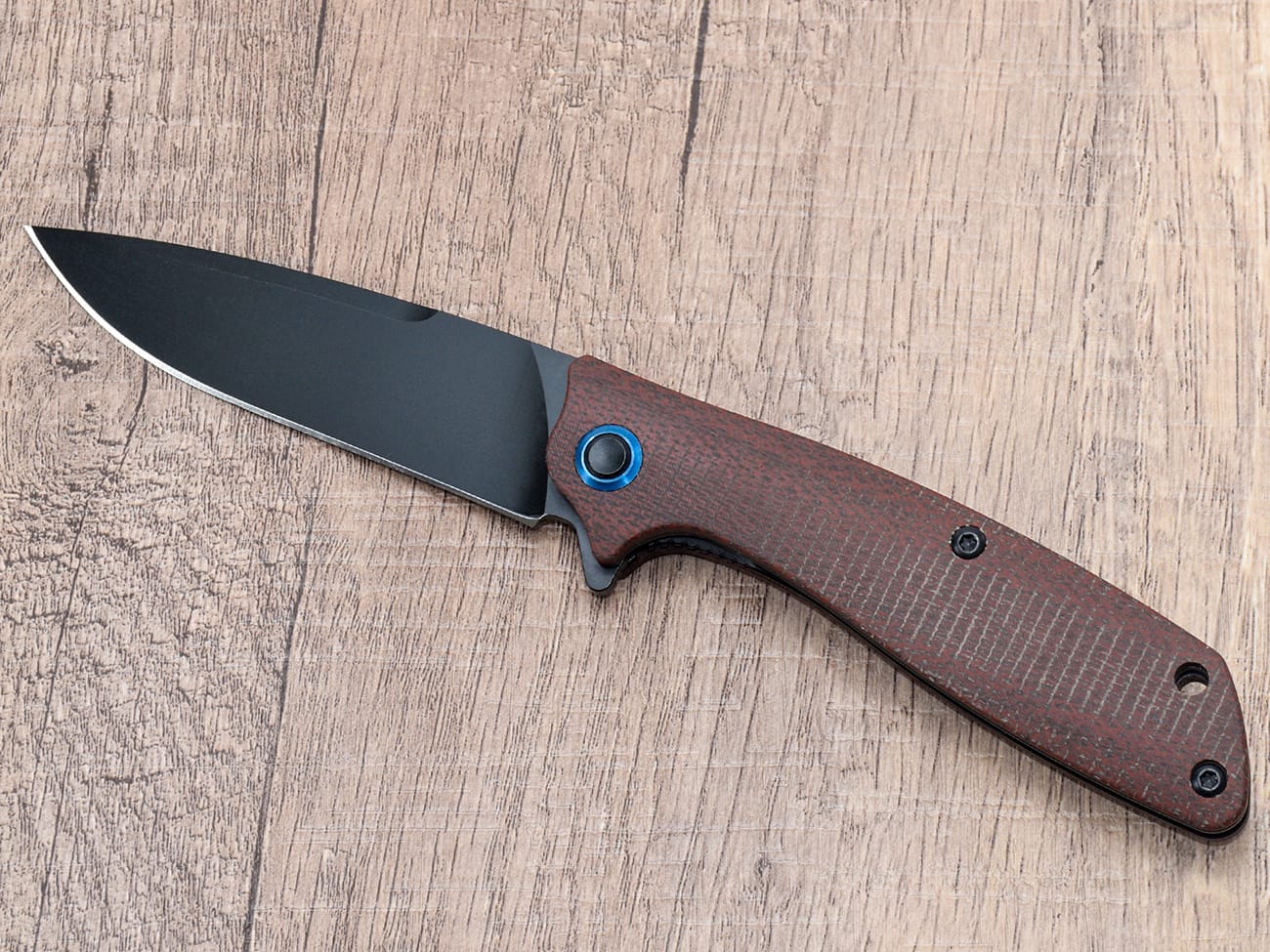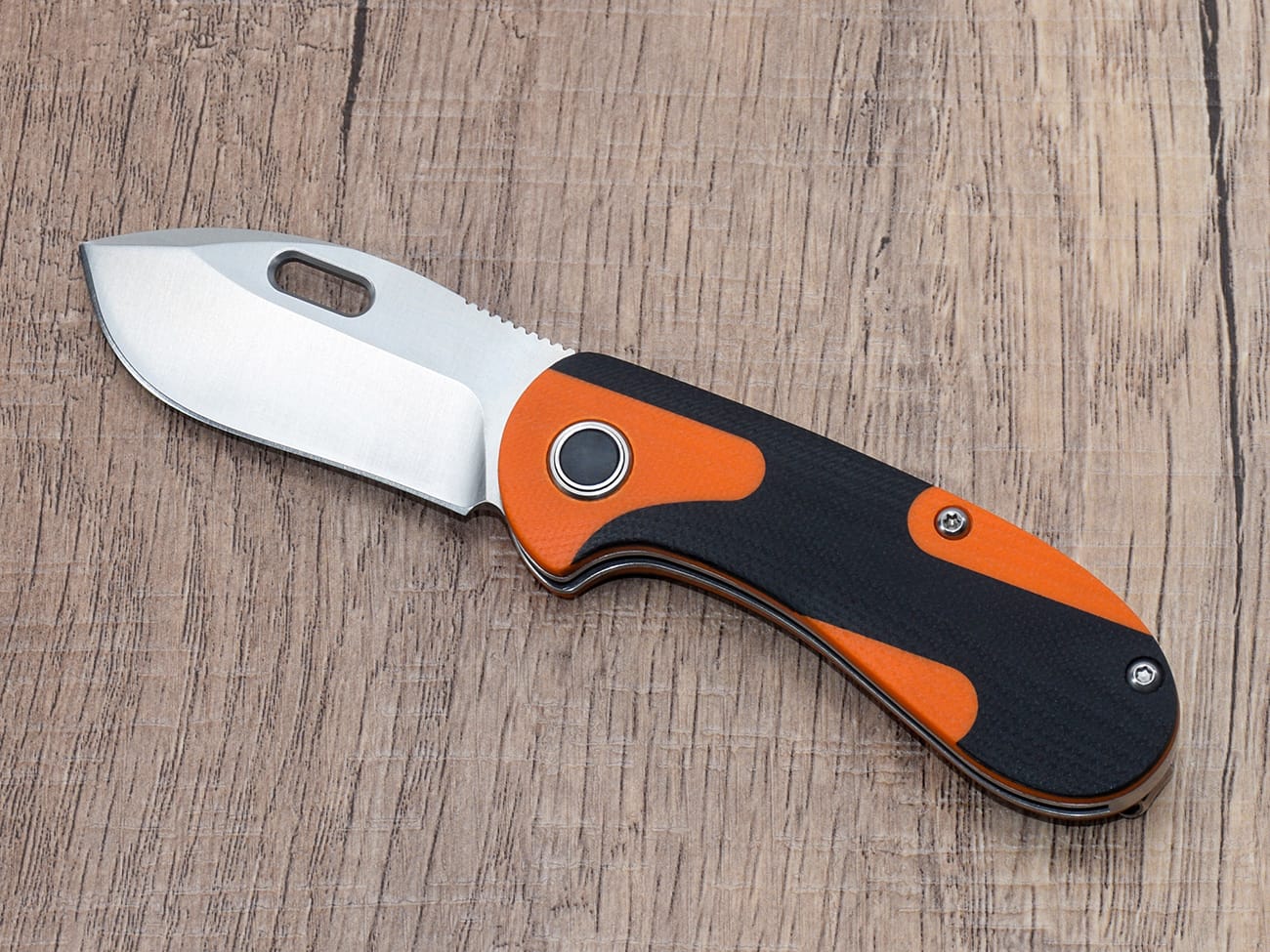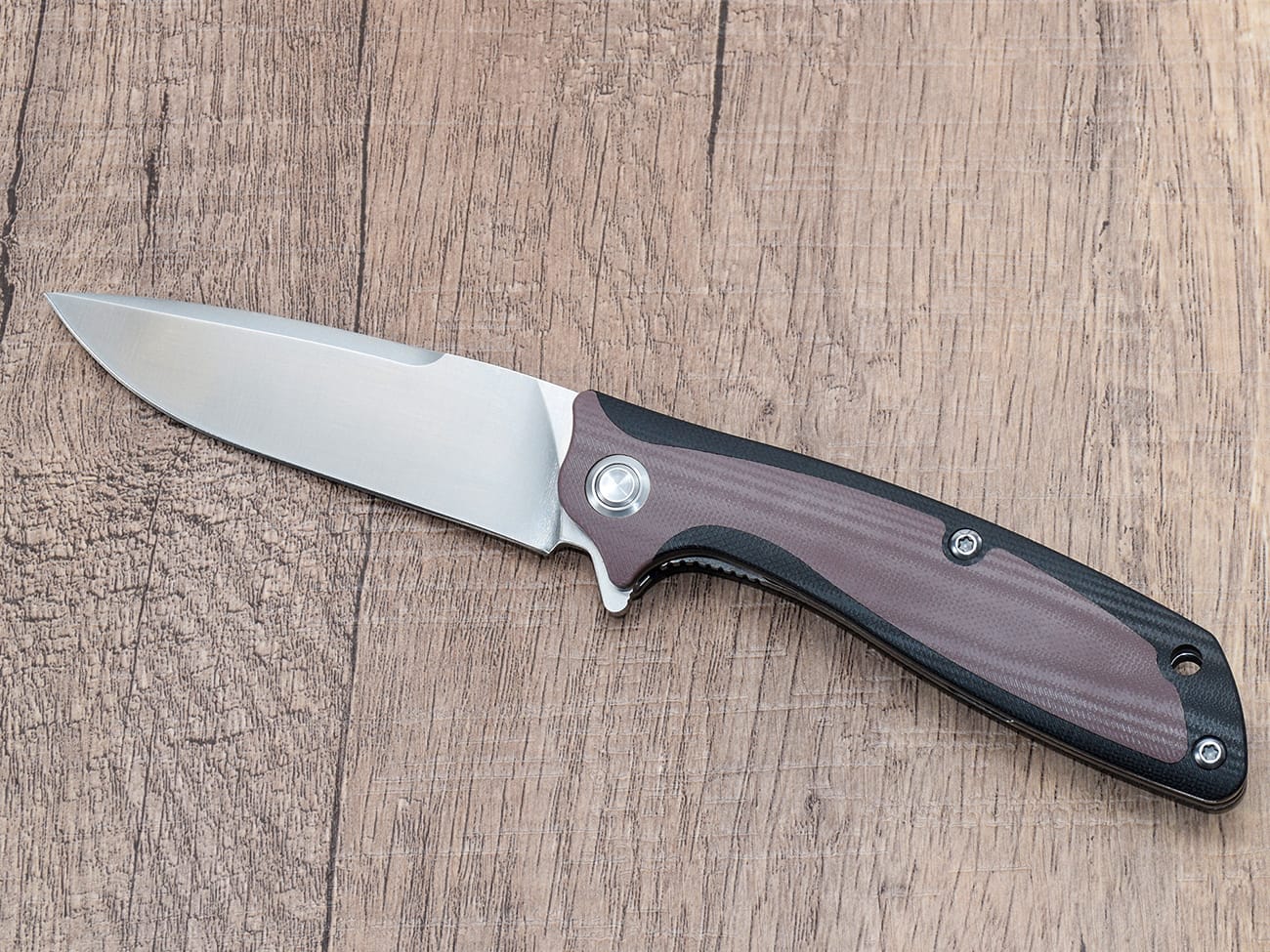Proper storage and maintenance of your pocket knife isn’t just about preserving a tool – it’s about ensuring safety, extending lifespan, and maintaining optimal performance. Whether you’re a knife enthusiast or someone who relies on their knife for everyday carry, this comprehensive guide will teach you everything you need to know about keeping your blade in pristine condition.
Why Is Proper Knife Storage Important?
Proper knife storage prevents damage, maintains blade sharpness, and protects against environmental factors that could compromise your knife’s integrity. Poor storage can lead to rust, dulling, and potential safety hazards.
What Are the Best Storage Conditions for Your Pocket Knife?
Your knife needs a controlled environment to stay in top condition. The ideal storage space should be:
- Clean and dry
- Temperature-controlled
- Low humidity
- Away from direct sunlight
- Free from excessive moisture
How Should You Clean Your Knife Before Storage?
Regular cleaning is essential for maintaining your pocket knife’s functionality. Here’s a proper cleaning process:
- Wipe the blade with a clean cloth
- Use warm water and mild soap if necessary
- Dry thoroughly immediately after cleaning
- Pay special attention to the pivot points
- Clean the locking mechanism carefully

What Role Does Oil Play in Knife Maintenance?
Oil is crucial for long-term knife care. It:
- Prevents rust formation
- Lubricates moving parts
- Protects against corrosion
- Maintains smooth operation
Use mineral oil or specialized knife oil, applying a thin layer to all metal surfaces.
How Do You Protect Against Rust and Corrosion?
Carbon steel knives are particularly susceptible to rust. Prevent corrosion by:
- Keeping the blade clean and dry
- Using protective oil
- Storing in a low-humidity environment
- Avoiding prolonged exposure to moisture
What Are the Best Storage Solutions for Different Knife Types?
Different knives require different storage approaches:
- Folding knives: Storage pouches or cases
- Fixed blades: Leather sheaths or display cases
- Collection storage: Climate-controlled display cases
- EDC storage: Protective pouches
Should You Store Your Knife Open or Closed?
For folding knives:
- Store closed for safety
- Ensure the blade is clean and dry
- Consider occasional opening to prevent stiffness
- Check the locking mechanism regularly
What About Long-Term Storage Considerations?
For extended storage periods:
- Apply a protective coating of oil
- Use silica gel packets to control moisture
- Store in a climate-controlled environment
- Check periodically for signs of rust
How Often Should You Maintain Your Knife?
Regular maintenance schedule:
- Clean after each use
- Oil monthly
- Deep clean quarterly
- Sharpen as needed
- Check mechanisms weekly if used frequently
What Are Common Storage Mistakes to Avoid?
Prevent damage by avoiding these errors:
- Storing wet or dirty
- Keeping in high-humidity areas
- Neglecting oiling
- Using improper storage containers
- Storing with loose items that could damage the blade
Key Points to Remember:
- Always clean and dry your knife before storage
- Use appropriate oil for protection
- Store in a controlled environment
- Regular maintenance prevents problems
- Proper storage extends knife life
- Quality storage solutions protect your investment
Custom pocket knives deserve proper care and attention. By following these guidelines, you’ll ensure your blade remains in excellent condition for years to come. Remember, a well-maintained knife is not just a better tool – it’s a safer one.




